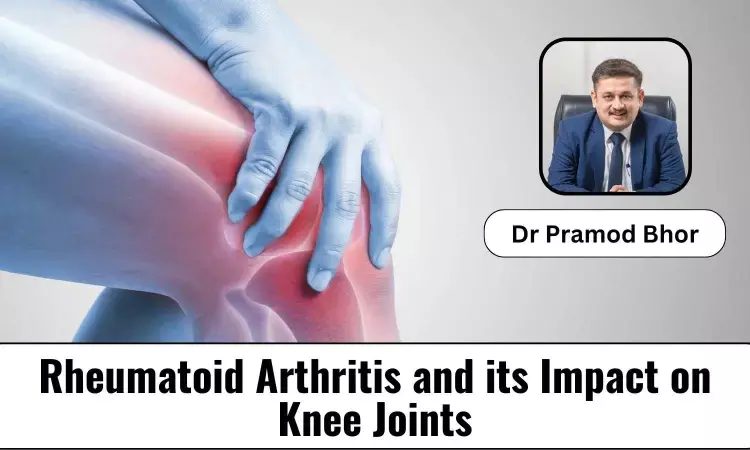- Home
- Medical news & Guidelines
- Anesthesiology
- Cardiology and CTVS
- Critical Care
- Dentistry
- Dermatology
- Diabetes and Endocrinology
- ENT
- Gastroenterology
- Medicine
- Nephrology
- Neurology
- Obstretics-Gynaecology
- Oncology
- Ophthalmology
- Orthopaedics
- Pediatrics-Neonatology
- Psychiatry
- Pulmonology
- Radiology
- Surgery
- Urology
- Laboratory Medicine
- Diet
- Nursing
- Paramedical
- Physiotherapy
- Health news
- Fact Check
- Bone Health Fact Check
- Brain Health Fact Check
- Cancer Related Fact Check
- Child Care Fact Check
- Dental and oral health fact check
- Diabetes and metabolic health fact check
- Diet and Nutrition Fact Check
- Eye and ENT Care Fact Check
- Fitness fact check
- Gut health fact check
- Heart health fact check
- Kidney health fact check
- Medical education fact check
- Men's health fact check
- Respiratory fact check
- Skin and hair care fact check
- Vaccine and Immunization fact check
- Women's health fact check
- AYUSH
- State News
- Andaman and Nicobar Islands
- Andhra Pradesh
- Arunachal Pradesh
- Assam
- Bihar
- Chandigarh
- Chattisgarh
- Dadra and Nagar Haveli
- Daman and Diu
- Delhi
- Goa
- Gujarat
- Haryana
- Himachal Pradesh
- Jammu & Kashmir
- Jharkhand
- Karnataka
- Kerala
- Ladakh
- Lakshadweep
- Madhya Pradesh
- Maharashtra
- Manipur
- Meghalaya
- Mizoram
- Nagaland
- Odisha
- Puducherry
- Punjab
- Rajasthan
- Sikkim
- Tamil Nadu
- Telangana
- Tripura
- Uttar Pradesh
- Uttrakhand
- West Bengal
- Medical Education
- Industry
Understanding Rheumatoid Arthritis and its Impact on Knee Joints - Dr Pramod Bhor

While arthritis is difficult, rheumatoid arthritis is debilitating. As opposed to typical wear-and-tear arthritis, RA is an autoimmune disease in which your body's immune system unintentionally attacks your joints, especially your knees.
Consider it as a friendly fire that causes discomfort, stiffness, edema, and suffering. Over time, RA can have a substantial impact on your knees. Prolonged inflammation damages bones and cartilage, making daily tasks difficult and lowering your quality of life.
Orthopedic surgery in patients with inflammatory rheumatic diseases (IRD) historically represents a challenge for clinicians and orthopedic surgeons. The prevalence of IRD ranges from 0.05% to 1% in the general population, with many patients that need a surgical treatment such as total joint arthroplasty (TJA) because of articular degeneration.
When is surgery the right choice?
While non-surgical treatments prove effective for many RA patients, sometimes joint damage is extensive, requiring more intensive solutions.
In such cases, knee replacement surgery for rheumatoid arthritis becomes a viable option. TJA in IRD is a challenge for surgeons, whose responsibility is to choose the most effective and less invasive technique for these patients.
Challenges in TKR for RA Patients
1)Disease Influence on Surgery: RA complications, such as joint deformity and inflammation, may present challenges in performing the surgery and affect recovery.
2) Risk of Infection and Implant Failure: RA patients undergoing TKR face a higher risk of infection and implant failure due to the underlying disease and potential immune system compromise.
3) Long-term Joint Management: Continuous monitoring and management of RA after TKR is essential to prevent disease-related joint complications in the future.
Advantages of Robotic Knee replacement: Because robotic surgery delivers a level of precision that surpasses that of human vision, it is more accurate than traditional surgery. This makes it possible for the leg to align more correctly and for the soft tissue surrounding the knee to balance out.
As fewer tissues are damaged during minimally invasive incisions used in robotic-assisted surgery, the process is safer. Less scarring, a decreased chance of infection, shorter hospital stays, and quicker healing are further outcomes of this.
All things considered, robotic knee replacement surgery has been demonstrated to produce superior outcomes, less stress to the surrounding tissue and bone, and better patient outcomes when compared to traditional knee replacement surgery.
Disclaimer: The views expressed in this article are of the author and not of Medical Dialogues. The Editorial/Content team of Medical Dialogues has not contributed to the writing/editing/packaging of this article.
Dr Pramod Bhor MBBS, MS (Orthopaedics) is an Orthopedic Surgeon at Fortis Hospital, Vashi having over 21 years of experience in the field of Orthopaedic Surgery. He specialises in ACL &PCL Reconstruction, Arthroscopy, Joint, Mobilization, Hip Resurfacing, Spinal Therapy, Hip Replacement etc.
Next Story


